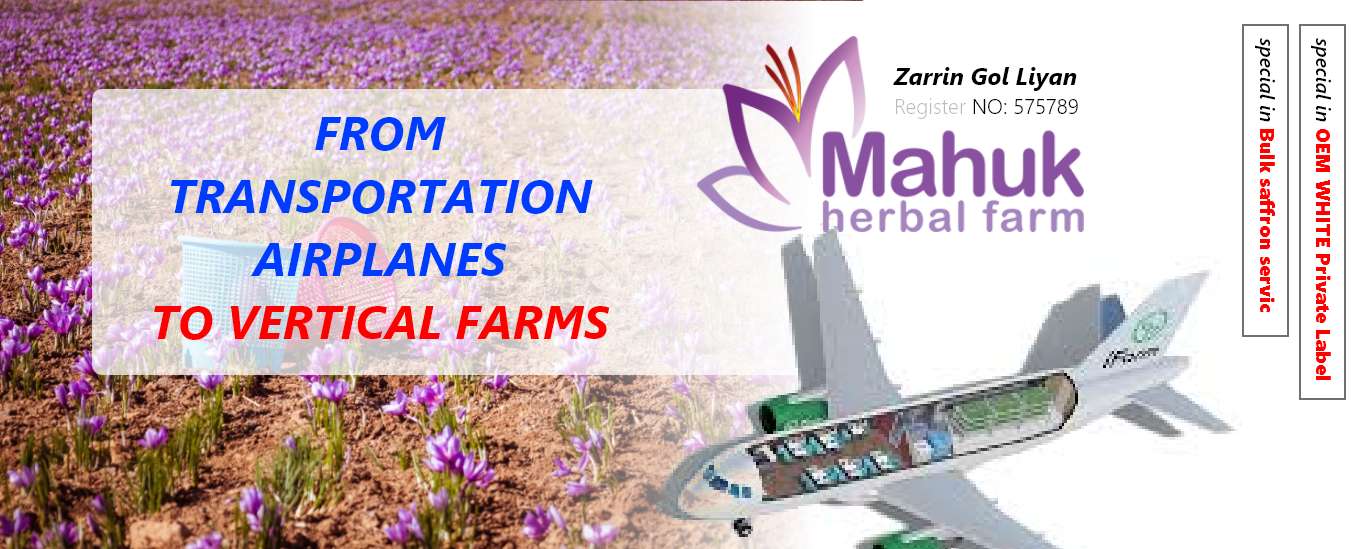

From transportation airplanes to vertical farms: repurposing old airplanes
iFarm is an international company lodged in Helsinki that develops solutions, platforms and technologies for internal agriculture and agriculture trades.
Recently technicians of iFarm have begun to design a customize vertical farm inside the fuselage of a business airplane in order to increase the life of the laid-up planes.
In fact, a European airline contacted experts of iFarm and they respond with an idea of turning the fuselage of airplane to a salad bar and designed a vertical farm with the total growth area of 135 square meters in the back of airplane, this salad bar can offer 14 kilos of fresh salads every day.
The partition between café and farm could be elucidated and the equipment can be transferred to the back of airplane. Actually this project is a showcase of prosper approaches and an increase of focus on customer services like presenting fresh and healthy meals in plane. For iFarm this project is another inventional approach to combine agriculture technology in apparently ill-suited bases and shows compability of vertical farms.
While technicians consider more methods to use gigantic airplanes to grow plants, some proposed configuration method that is useful not only on re-equipment for promotional purposes but also to make it useable commercially. For instance, a farm located in a fuselage of an out of order load carrying Jumbo jet can produce around 1.5 ton of vegetable each month.
Vertical farm is a great idea because they can be lodged in various places from metro stations to airplanes that are no longer useable. “we are happy to cooperate with companies that think outside the box and consider these options to repurpose things with advance technologies, this project has no deadline yet but it already attracted the attention of professional design offices as a sample of a scalable method to improve the circle of old airplanes” says the CEO of iFarm, Cyril Zaneski.
It’s worth mentioning that for airline companies the chance of increasing planes as a stable vertical farm is an enchanting opportunity. When an industry that is known for its carbonized footprints could offer a way to support permanent methods and neutralize the spreading of greenhouse gases, it could improve brands’ image and properly effect the environment.



